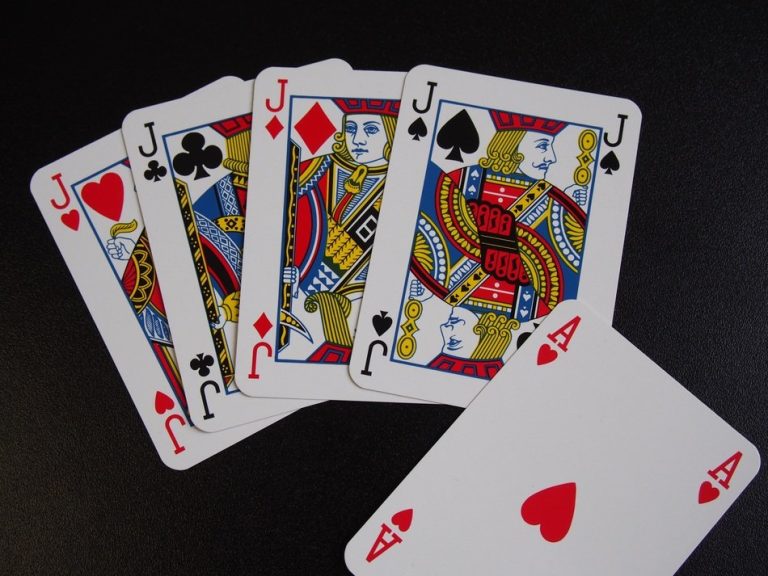The biggest wins in the history of poker demonstrate how one successful tournament or cash game can turn a professional or amateur into a legend. Over the decades, the industry has turned card competition into a show with seven-figure checks and star status. Each high-profile victory shows how strategy, psychology, and cold calculation bring wealth that is unattainable in other intellectual games.
The Biggest Wins: Records in Poker History
Poker victories have long surpassed ordinary fees. One of the most discussed cases is Antonio Esfandiari’s victory in The Big One for One Drop tournament at the 2012 WSOP. A $1,000,000 buy-in attracted the world’s best professionals, and the final prize of $18,346,673 turned the winner into the holder of the largest official check at that time.
Another standout moment was Justin Bonomo, who set a new record in 2018 by earning $10,000,000 at the Big One for One Drop, bringing his total career profit to $43 million. These biggest wins in poker history proved that even a saturated market can produce new records.
European and CIS Vector
Players from the CIS have also made their mark in history. Nikita Bodyakovskiy from Belarus has firmly established himself among those who have won the most in poker across Europe. His results exceeded $45 million in winnings, including the largest prizes in a single poker tournament in London and Macau.
Other successful poker players from the CIS include Timofey Kuznetsov (Trueteller), known for high stakes in Omaha and Hold’em cash games, and Vyacheslav Buldygin, who has made final tables at the WSOP.
Each example shows that earning in poker is no longer a Western monopoly: regional professionals successfully compete in major series.
Tournaments Where Millions Are at Stake
The biggest wins in poker history often come through prestigious tournaments. The World Series of Poker (WSOP) regularly sets new records. The Main Event with a $10,000 buy-in brought Chris Moneymaker $2,500,000 in 2003, sparking a global poker boom. In 2019, Hossein Ensan earned $10 million in the WSOP Main Event, and participating in million-dollar series requires the ability to balance risks and coldly assess stacks.
Major poker rooms attract attention by creating jackpot series and developing new scenarios for professionals and amateurs. Tournament prizes grow due to high buy-ins and a huge number of participants, intensifying competition and fueling excitement.
The Biggest Wins in Poker History: Cash Games as a Quiet Path to Wealth
Not all records come from tournaments. Cash games can bring in multimillion-dollar jackpots in a single evening. Tom Dwan and Phil Ivey are often referred to as the kings of such games: bets can reach $400,000 for a single decision.
Record poker wins have been recorded in private cash battles, where billionaires and pros with iron discipline play. Here, it’s not about the WSOP bracelet but about a stable profit accumulated without spectators and cameras.
Formats and Disciplines Where Records Are Set
Omaha and Hold’em remain key formats that generate the biggest wins in poker history. Hold’em has won a mass audience thanks to its simplicity but retains strategic depth. Omaha, on the other hand, offers more action and unexpected twists, making it popular among high rollers.
Sometimes records are set by players who started in blackjack but ultimately excelled in poker. This versatility of disciplines fuels interest in the industry and shapes a variety of champions.
How to Learn and Move Toward Success
Every record win is based on skill. To master poker skills, it is important to systematically work on mathematics, analyze ranges, train psychology, and understand the economics of buy-ins. Big prizes come through proper planning and precise bankroll management.
Practical steps for game development:
- Study fundamental concepts of Hold’em and Omaha through current video courses and professional hand analyses.
- Analyze your own sessions in trackers and identify strategy leaks.
- Practice playing at medium limits to prepare for expensive tournaments and cash games.
- Plan to participate in online series of major poker rooms, where the minimum buy-in allows you to start the path to profit without excessive risk.
- Develop psychological resilience: train concentration, avoid tilt, and maintain composure during major stack collisions.
These actions transform a novice into a professional capable of aiming for a significant win.
Discipline and Analytics — Keys to Millions
Record poker wins never happen by chance. Every champion combines strict analysis, composure, and bold decisions. A tournament or high-stakes cash game requires the ability to manage risk, calculate probabilities, and exploit opponents’ weaknesses.
A professional builds a career on statistics and deep preparation, while an amateur can become the discovery of the year by combining talent with hard work and smart game selection. Modern poker rooms provide an opportunity to showcase your level by participating in online series without geographical limitations.
The Biggest Wins in Poker History: Conclusions
The biggest wins in the history of poker prove that intellectual sport can bring fortunes comparable to successes in business and investments. Whether it’s a tournament, cash game, or WSOP series, each victory sets new benchmarks for those willing to study the mechanics of the game, work on strategy, and develop discipline.



